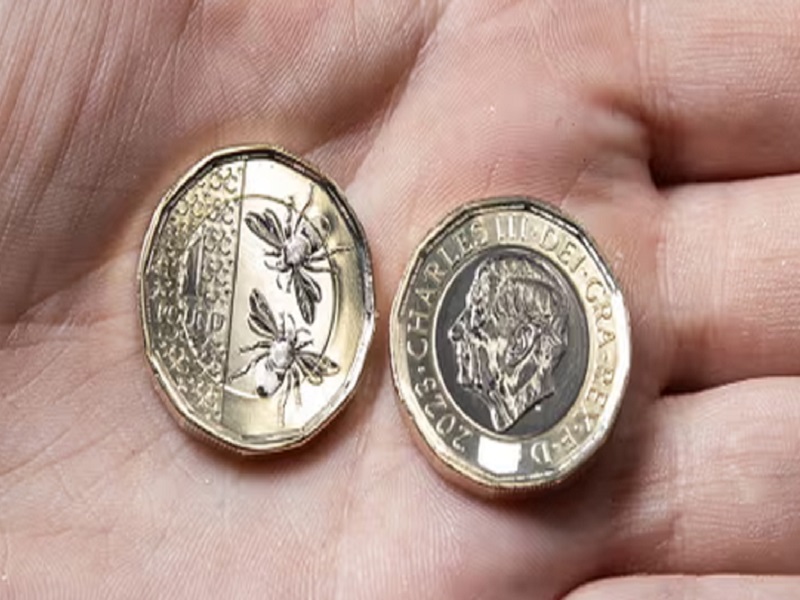With the recent changes to the UK immigration policy allowing only PhD students to bring in dependents and also to switch to a Skilled worker VISA after 2 years of study, it is projected that the number of applicants for PhD programs will be on the rise.
If you are considering a PhD program, this article could be helpful.
1. The most important question you should ask yourself is why PhD? Because at the end of it all, you may never need it. However, there is increasing demand for researchers with PhD qualifications and there is a huge shortage in the academic field in the United Kingdom. In addition, black and female researchers are underrepresented, in Ph.D. programmes, especially in STEM (Science, Technology, Engineering, and Math) fields. The UK government has recently made more funding available to encourage black researchers, particularly in STEM.
2. Funding is next, how do you intend to fund your program? Scholarships may seem challenging to get in the United Kingdom because education is business but it is possible, especially for those in STEM. Alternatively, you may look towards European countries, the United States, Canada, Australia, Zealand etc., some of these countries offer free tuition or automatic funding to students enrolled in a PhD programmes. In addition, some employers in the United Kingdom sponsor PhD programmes for their employees e.g. NHS but make sure it is not a public fund.
Self-funding is ridiculously expensive, for instance, here is a rough estimate, let’s peg the cost of a master’s degree at £17,000, therefore for a PhD, it will be £17,000 multiplied by 3 = £51,000. IHS costs about $3,200 per person (note this is an estimate), not forgetting that the student VISA fee application has been increased. Don’t forget to include travel expenses for attending seminars, conferences, and sleepless nights.
It is important to state that as a PhD student in the United Kingdom, you are restricted to 20 hours of work per week during term time and holidays. PhD students are not entitled to holidays, only 2 months of absence from study per academic session.
3. Research topics for those currently a student or recent graduate; it is easier to decide on a research topic as you could further expatiate on what you did on your master’s degree dissertation. For instance, your Master’s degree dissertation is or was on “The Relationship between Africans and Spicy Food”. For a doctoral program. you become more specific like, which African nationalities like spicy food, what type of spicy food, and why? Etc.,
Also, it helps if you have or could build a good relationship with your supervisors during your master’s degree program, they may direct you on topics, data collection, methodology and even research works that attract funding.
4. Except you are applying for a scholarship or funding, your research proposal may not be a definite roadmap for your research because as you begin your PhD journey, a lot of changes happen to your research works whether to your research topics, objectives or methodology. However, it is good to have a draft research proposal as it is like a Google map that shows directions to your destination, even though it may not necessarily be accurate.
Lastly, Steps to apply for PhD programs:
1. Write a research proposal on your research topic and statement of research.
2. Research and contact potential supervisors in those fields. Try to reach out to as much as possible because you will receive more No than Yes.
3. Prepare for an interview with the potential supervisors, some will ask to meet with you online and offline to discuss and see if both of you match each other. After, prepare all your documents and submit an application.
Employability
Most PhD holders tend to be in high demand in the industry and academic fields especially in the European countries, the United Kingdom and the United States. The Destinations of Leavers of Higher Education Longitudinal Survey (Long DLHE) used data on PhD employment in the United Kingdom to better understand the outcomes of PhDs, three and a half years after graduation, particularly what happens to those who leave the academic sector.
The Long DLHE research showed that PhD holders earn more than individuals with merely a bachelor’s or master’s degree. Earnings vary greatly by discipline, with Arts and Humanities PhD holders earning significantly less than all other academic areas. PhD holders also have greater rates of skilled employment.
Furthermore, when looking at job outcomes by industry, the survey shows that three and a half years after graduating, a huge majority of UK PhD holders—70.1%—left the academic field. One-third of those who stay in academia are engaged in research, and two-thirds are “higher education teaching professionals.” This difference is problematic because it conflates individuals with teaching-only contracts with others who hold more traditional academic jobs that combine administration, research, and teaching responsibilities.
The final decision of whether to pursue a Ph.D. or not is not an easy one but no matter what, keep the faith. All the best.
About me:
I am a PhD student and Assistant Lecturer at Essex Business School, University of Essex, United Kingdom. I write articles in both online and print media such as Richtopia, GtejMedia, BridgeAfrique Magazine, Africa Business Chamber of Commerce, etc.,
I co-founded AfricaCV and China Link Education. Also, a die-hard Chelsea Fan.






























































